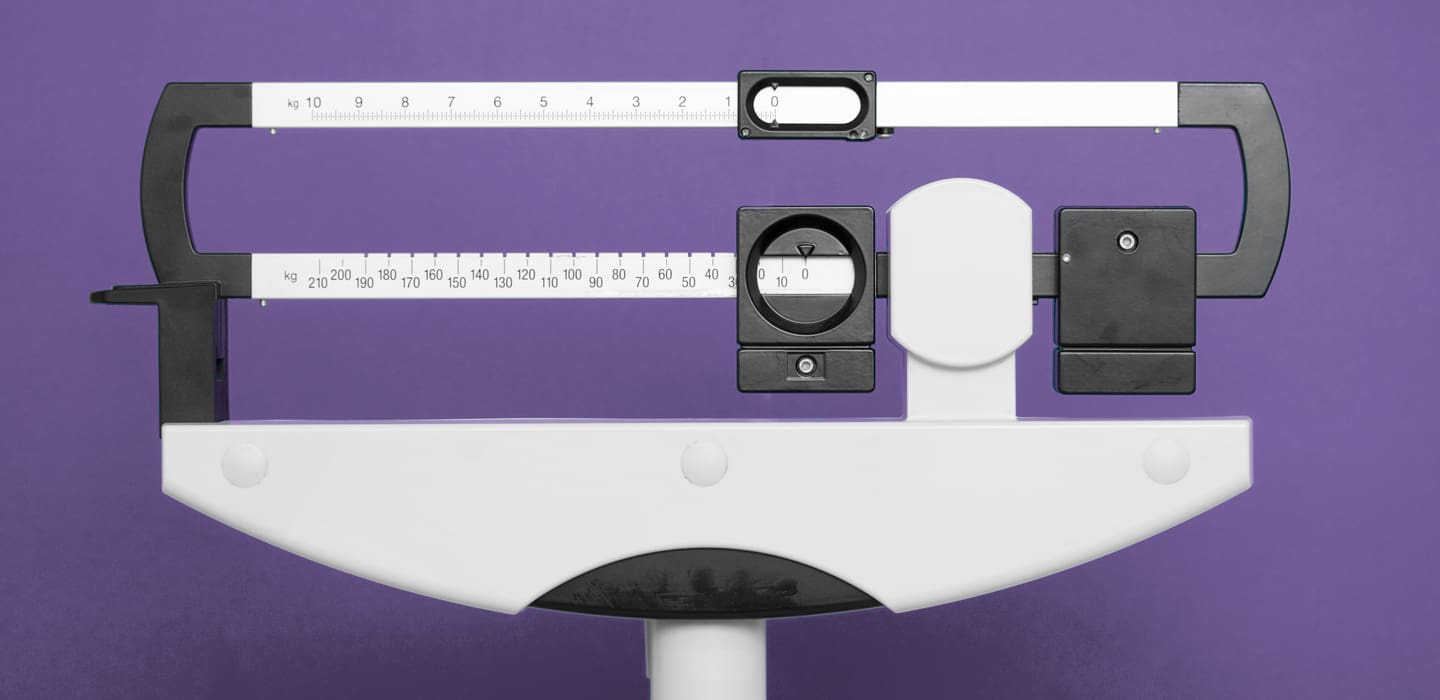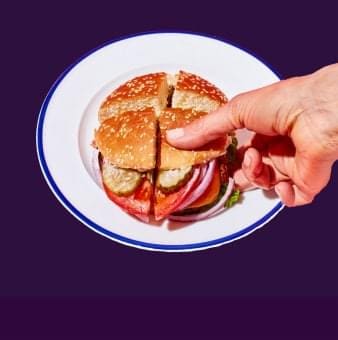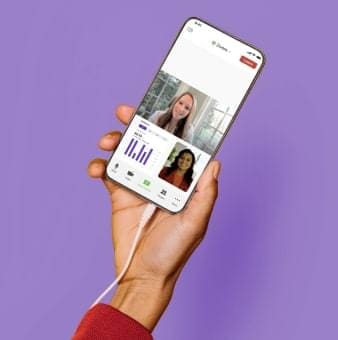The coded language game

Featured Our Experts Science-Backing Weight loss
Uncovering the truth behind obesity bias
By: Dr. Tim Church, MD, MPH, PhD
Obesity bias is alive and well and let me be the first to acknowledge that obesity bias is ingrained in us, myself included. To address and be rid of the obesity bias in our world requires work to reshape the way we think, and the language we use around the topic of obesity care. A pivotal moment of growth for me happened when the Obesity Action Coalition modeled for me what obesity bias truly looks like in all settings, including healthcare, education, and employment settings, and the importance of identifying and working on your own biases. According to the OAC, Obesity bias in the employment setting impacts everything from hiring decisions, to wage inequities, and more.
I have the privilege of talking to healthcare leaders and decision-makers every day. From employers, insurance carriers, and consultants, to PMBs, I have contact with leadership teams across the healthcare vertical. One of the biggest surprises over the last year is the regular occurrence of obesity bias during important decision-making clinical meetings.
Sometimes it is direct statements that are indisputably direct examples of obesity bias. Oftentimes the bias is directed toward stories of a family member or friend. But, more often the bias comes in the form of coded language such as:
- “Let’s fix the obesogenic environment first, then we can talk about expensive medications” and “Let’s go ahead and ban highly processed foods or build more bike paths.”—The use of coded language like this is often misdirected, or even a form of denial to see how critical the obesity epidemic is.
- “How long do they have to be on these medications?”—This suggests that obesity is a short-term problem with an easy fix. At a deeper level, this implies that individuals are not deserving of a long-term solution.
- “Skin in the game” — This is really code for let’s penalize anyone with extra weight.
- “EZ-button”— Obesity medications are the EZ button to weight-loss according to celebrities. This shows a lack of respect and understanding of the complexities of obesity.
It is both surprising and disheartening to witness the pervasive nature of obesity bias and, more significantly, its impact on denying access to essential care for those who require it. The recognition of bias within the health-care system is not only an acknowledgment of individual prejudices but an alarming realization of its consequences. A good first step to being a part of the solution rather than the problem is to do a self-check. Ask yourself, “Would I say the same thing about blood pressure, cholesterol, or cancer care?”.
People facing obesity should not be impeded in their access to necessary medical attention, and the existence of bias in this regard reveals a critical need for systemic change. Addressing and rectifying these biases is not just a matter of personal growth but a fundamental step towards fostering a health-care environment that is truly inclusive and prioritizes equitable access to care for every individual, irrespective of their health conditions or body weight.





